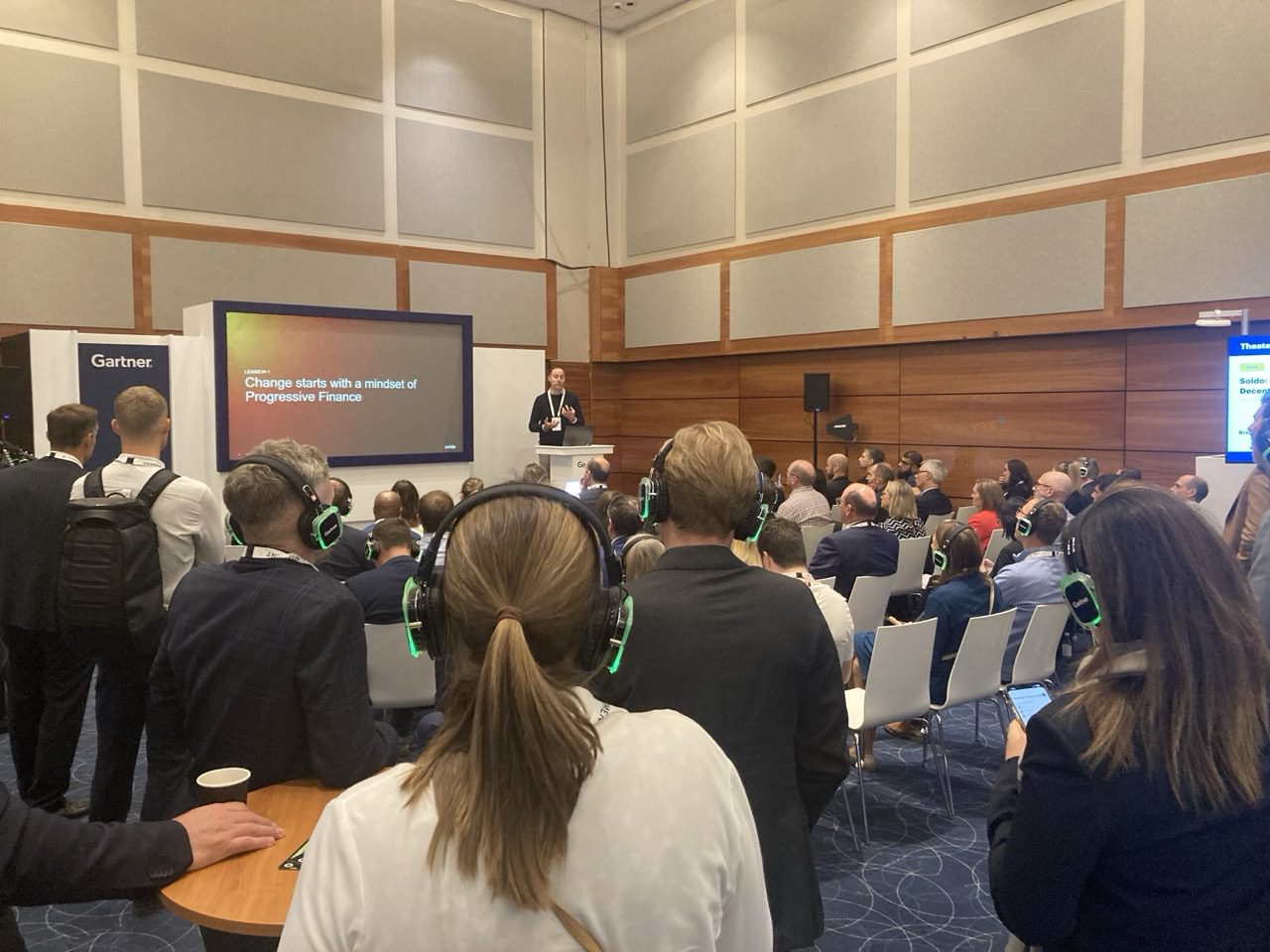Are out-of-pocket expenses fair during a cost of living crisis?
Are out-of-pocket expenses still fit for business? Soldo recently partnered with Ipsos to survey 400 employees across a wide range of industries and company sizes to find out.
Set against the backdrop of the rising cost of living in the UK, our Cost of Business Crisis report delves into the impact out-of-pocket expenses are having on staff’s financial and mental wellbeing.
In this article, we’ll take a look at just some of our key findings to answer these questions:
- What are out-of-pocket expenses?
- What’s wrong with the process?
- Is there an alternative to expense reimbursements?
For full details and analysis into the way the cost of living crisis has upended expense management, get your free copy of our Cost of Business Crisis report.
What are out-of-pocket expenses?
When an employee pays for work-related expenses with their own money on the promise of being reimbursed by their employer, we call these purchases out-of-pocket expenses.
Of course, it’s unlikely they’re fronting the office electricity bill. Think more along the lines of the flights, accommodation, fuel and food an employee might buy while travelling for business.
Our Cost of Business Crisis report found 67% of respondents saying they pay for work-related expenses with their own money at least once a week.
So paying out-of-pocket and waiting for your employer to pay you back (an expense reimbursement) is not an unusual process. The problem, however, is that the process is far from perfect.
What’s wrong with the process?
It’s no secret that we’re in the middle of a cost of living crisis. When people are already struggling to keep up with their personal expenses, paying out-of-pocket for a business purchase is frankly a lot to ask.
61% of our survey respondents reported feeling anxious about paying for work expenses with their own money at least some of the time. And 72% said that doing so has negatively impacted their personal finances.
Some employers might provide ongoing expense reimbursements very quickly. Others may only reimburse employees for all their out-of-pocket expenses at the end of each month. This is of course assuming there aren’t any delays in the process. A missing receipt, for example, or a dispute may drag out the process further.
Even without delays, this kind of expense process is often very manual and admin-heavy. There are lengthy forms to fill in, receipts or other paperwork to keep track of and multiple steps involved with seeking or providing approval. The process often puts people off entirely.
57% of respondents admitted that they don’t claim all of their out-of-pocket expenses due, in large part, to long approval times (35%) as well as the time and effort involved (30%).
So while many people are both worried about and negatively impacted by out-of-pocket expenses, they’ve also lost hope in the process of claiming expense reimbursements. This isn’t just unfair on employees. The cycle of out-of-pocket expenses and expense reimbursements is a major pain point for finance teams and the business as a whole:
- Finance teams become ‘the bad guy’, wasting days chasing missing receipts – or worse, having to withhold reimbursements because of it
- The extra hours spent on an inefficient expense process leaves less time for finance teams to focus on higher value, more fulfilling work
- Businesses only have a partial and out-of-date view of costs with a jumble of company spend and out-of-pocket purchases they can’t easily analyse or control
- All the lost time and inefficiencies faced by employees and finance teams leads to lower employee satisfaction while slowing down overall operational momentum
The predominant method of expense and reimbursement causes pain for both employees and employers. There is a readily existing alternative, however.
Is there an alternative to expense reimbursements?
We asked 400 people what they’d do if they had free rein to completely change the process of paying for work expenses at their company.
62% of respondents said they’d give every employee a company card and end the need for expense reimbursements entirely.
With Soldo, a change like that is actually very easy.
We see the problem from all sides: employees feeling the financial strain, finance teams weighed down with admin and businesses that need control over spend. That’s why our expense management platform comes with integrated Mastercard® company cards – to make expenses easy and fair for everyone.
Here’s a quick breakdown of how Soldo works:
- A Soldo company card gives employees instant access to company money so they never have to pay out-of-pocket
- Each card is linked with our expense management platform which saves finance teams hours of time and effort, from approvals through to reporting
- The business has complete control over every budget, card limit and spending category with real-time visibility of every transaction (company spend as well as employee expenses)
- We’ve thought of everything including a mobile app employees can use to upload receipts and accounting software integrations for one-click reconciliation
“Fundamentally, we don’t believe our employees should be loaning the business money, so they all have Soldo cards.
It just makes our jobs really easy because there are no expense forms and no chasing receipts. I can’t imagine business without Soldo.”
Easy, fair expenses. For everyone.
Businesses of all sizes use Soldo in a variety of flexible ways to control the flow of company money easily, while making expenses a fairer process for everyone.







